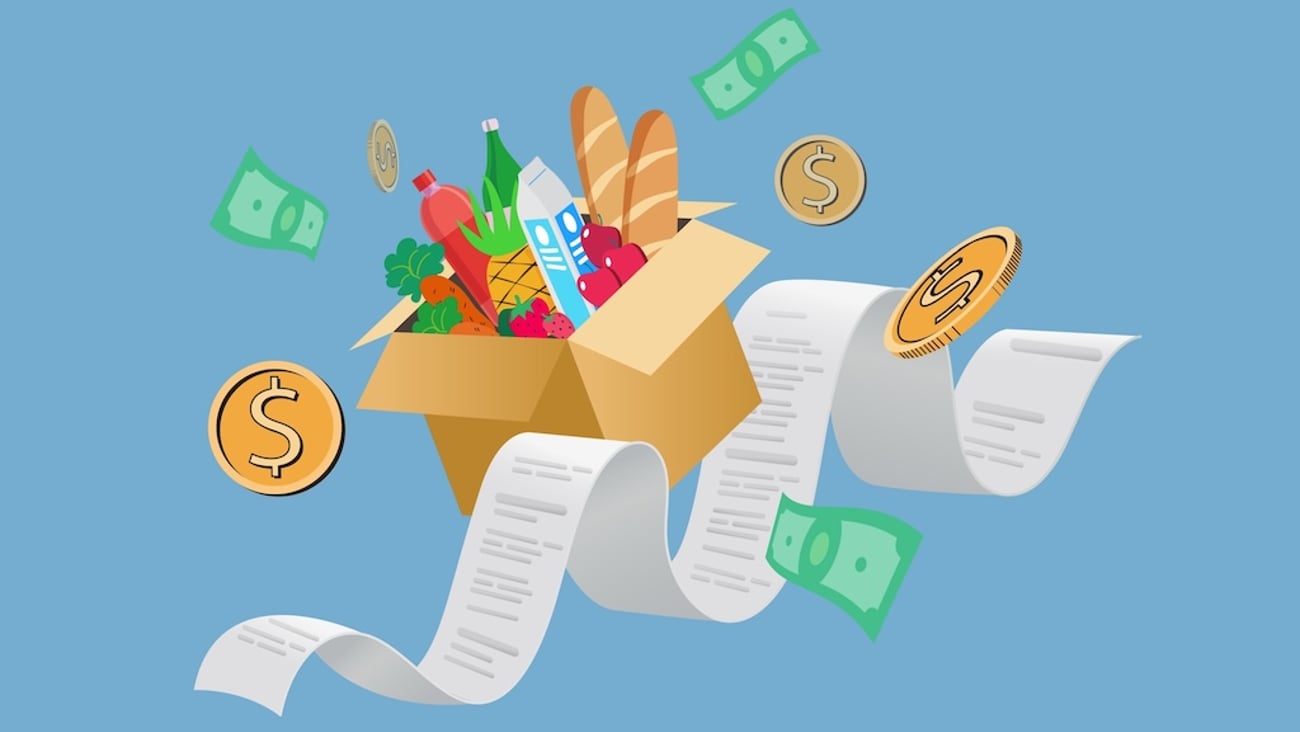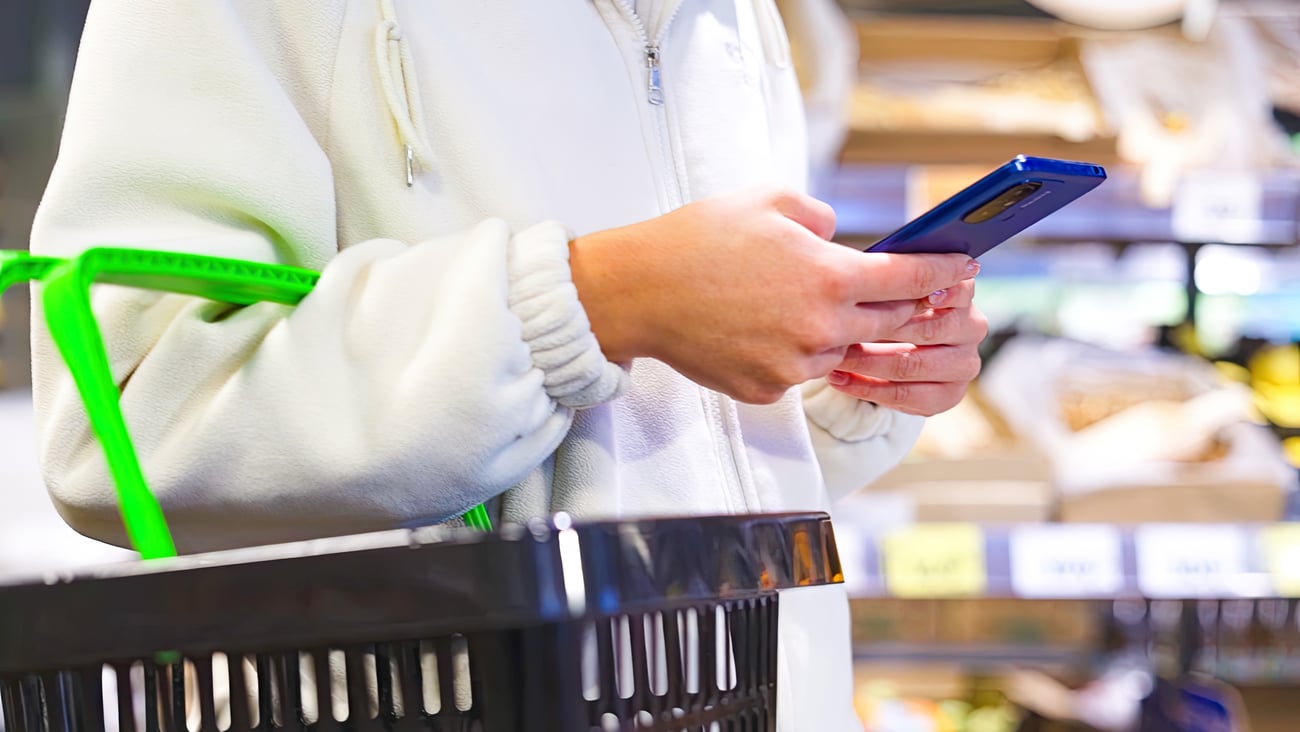Canola, pork and seafood burn while Ottawa worships the auto sector
In the shadow of endless headlines about Donald Trump and the American political circus, another crisis is quietly unfolding on Canadian soil—this one in our fields, barns and fishing boats. As of March 17, China has imposed crippling tariffs on key Canadian agri-food exports: 100% on grains and canola, and 25% on pork, lobster, and seafood. These aren’t abstract threats. These are real, immediate penalties on farmers, fishers, and harvesters—Canada’s food producers.
The federal government’s response? A last-minute announcement just before the election, doubling the maximum AgriStability payout from $3 million to $6 million per farm. It sounded impressive—until you scratched the surface.
AgriStability, a joint federal-provincial income insurance program, has long suffered from design flaws. To qualify, farmers must already be enrolled, and many have opted out over the years due to red tape, inconsistent payouts, and poor reliability. Even for those still enrolled, profitability in other areas of the farm operation leads to clawbacks in support. In short, the boost may look like a helping hand on paper, but for most producers, it’s largely symbolic. This is political theatre, not economic relief.
Compare this to Ottawa’s swift promise of a $2-billion support package for the auto sector after the U.S. threatened a 25% tariff on imported vehicles, beginning April 2. Never mind that President Trump’s executive order appears to spare cars and parts covered under the USMCA—for now. While the threat of tariffs looms in theory for automakers, farmers are already living with their consequences.
The imbalance is stark. One sector gets real money for a hypothetical crisis. Another, living through a very real trade war, gets a pre-election press release and a patchwork safety net. The auto sector is essential, yes, but so is food. And unlike electric vehicles, you can’t eat a car.
Let’s not pretend this situation is mysterious. China’s retaliation is clearly linked to our government’s decision to impose tariffs on Chinese electric vehicles—a move aimed at protecting North American EV producers and, more notably, aligning with Washington’s lead. We joined the United States in targeting China’s subsidized clean-tech surge, and now our farmers are paying the price for that allegiance.
READ: U.S. tariffs pose major risk for Canada's export-dependent greenhouse sector
If Ottawa wants to demonstrate real support for Canadian agriculture, it needs to rethink this strategy. Step one: lift the tariffs on Chinese EVs. Step two: re-engage with China diplomatically, and quickly. If the goal is to become more economically autonomous and less dependent on the United States, as some in Ottawa have hinted, then it's time to act like it. That starts with defending our own interests first—particularly in sectors that actually are under siege.
Farmers have seen this movie before. Big talk, delayed action, and policy Band-Aids that don’t address the root of the problem. During the Trudeau years, the same script played out again and again: glossy announcements with little effect on the ground. The current government is veering dangerously close to rerunning that playbook.
Food doesn’t grow in headlines. It grows in soil, on ranches, and in coastal waters. Right now, the people who grow and harvest it are hurting. Ottawa must prioritize their livelihoods with the urgency and seriousness it extends to other sectors. If we are truly committed to food security and economic sovereignty, then it's time to act—not just announce.






